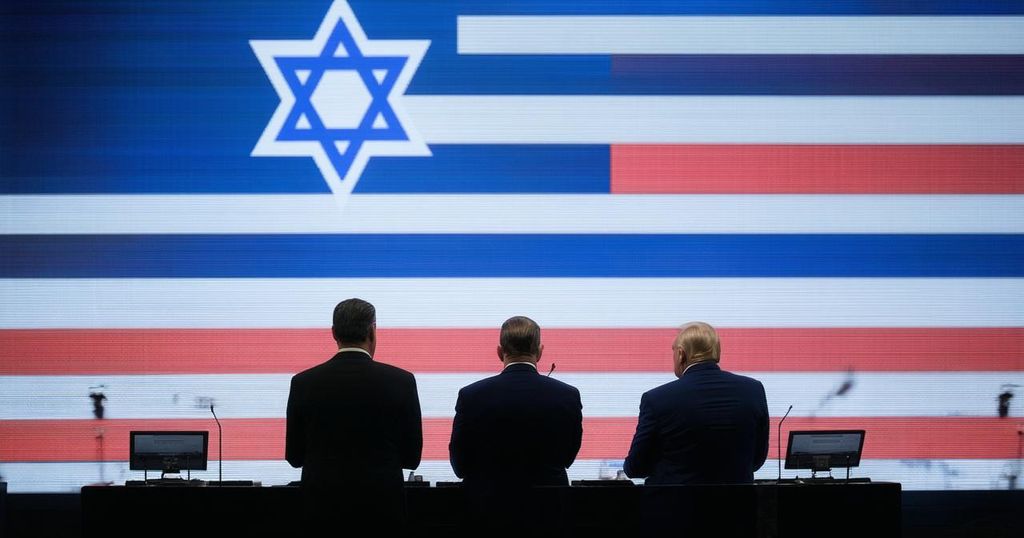Israeli leaders are closely monitoring the U.S. presidential election, as the outcome will significantly influence Israel’s strategic approach to conflicts with Hamas, Hizbullah, and Iran. Recent events, including rocket attacks from Hizbullah, illustrate the precarious security situation. Secretary of State Antony Blinken’s visit underscores the challenges of U.S.-Israel diplomacy amidst regional threats, with anticipation of military operations against Iran.
As Israel’s leaders attentively observe the unfolding events of the American presidential election, they recognize the potential implications for their nation’s strategy regarding ongoing conflicts, particularly with Hamas, Hizbullah, and Iran. The recent conflicts, especially the rocket attacks by Hizbullah from Lebanon, underscore the precarious security environment in which Israel exists. This heightened tension was vividly illustrated on October 23, when U.S. Secretary of State Antony Blinken was compelled to seek shelter during a barrage of rockets targeting central Israel. Despite his repeated visits to Israel, this particular trip, marking his eleventh in just over a year, ultimately yielded limited progress. The reality of these attempts becomes starkly visible when juxtaposed with the persistent security threats that Israel faces. The incoming U.S. administration, influenced significantly by the election’s outcome, is anticipated to play a crucial role in shaping Israel’s responses to these threats. In light of the imminent decision within American politics, there exists an atmosphere of apprehension and strategic recalibration among Israeli leaders, who must prepare for various potential scenarios that will arise depending on the election’s results as they anticipate an Israeli military operation against Iran in the near future.
In the context of Israel’s geopolitical landscape, the nation’s leaders are deeply concerned with the influence of American foreign policy on their security strategy, especially amid ongoing military engagements. Tensions with Iran and its proxy groups, including Hizbullah, have heightened fears of military conflict, prompting Israeli officials to reassess their tactical approaches in light of the U.S. election. The relationship between Israel and the United States, particularly under different presidential administrations, significantly affects the operational decisions of the Israeli defense forces against adversary groups threatening their sovereignty.
In summary, as Israel navigates a complex landscape of regional threats, the outcome of the American presidential election looms large. The next U.S. administration’s attitude toward Israel will likely dictate military and diplomatic strategies in response to ongoing conflicts with Hamas, Hizbullah, and the Iranian regime. Israel’s leadership is bracing for outcomes that will determine not only their immediate security posture but also the long-term trajectory of U.S.-Israel relations and regional stability.
Original Source: www.economist.com







